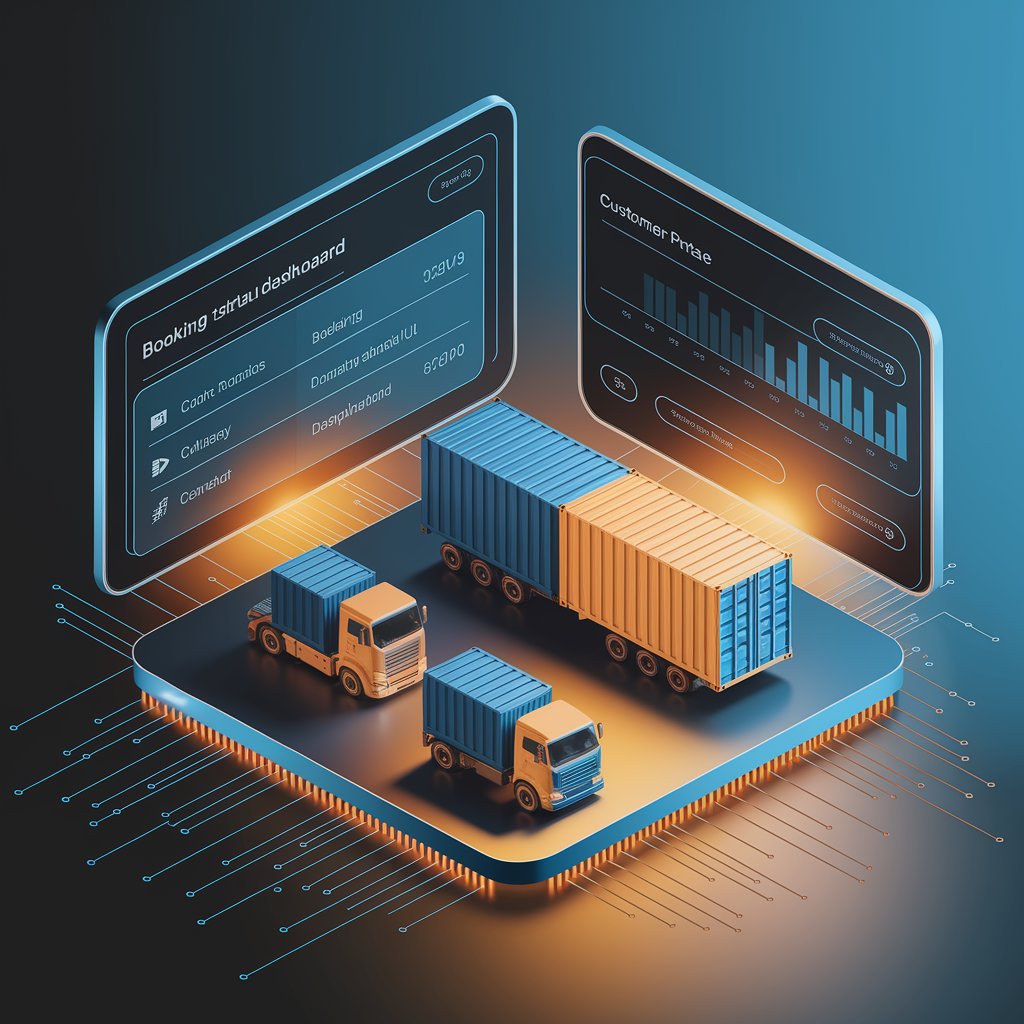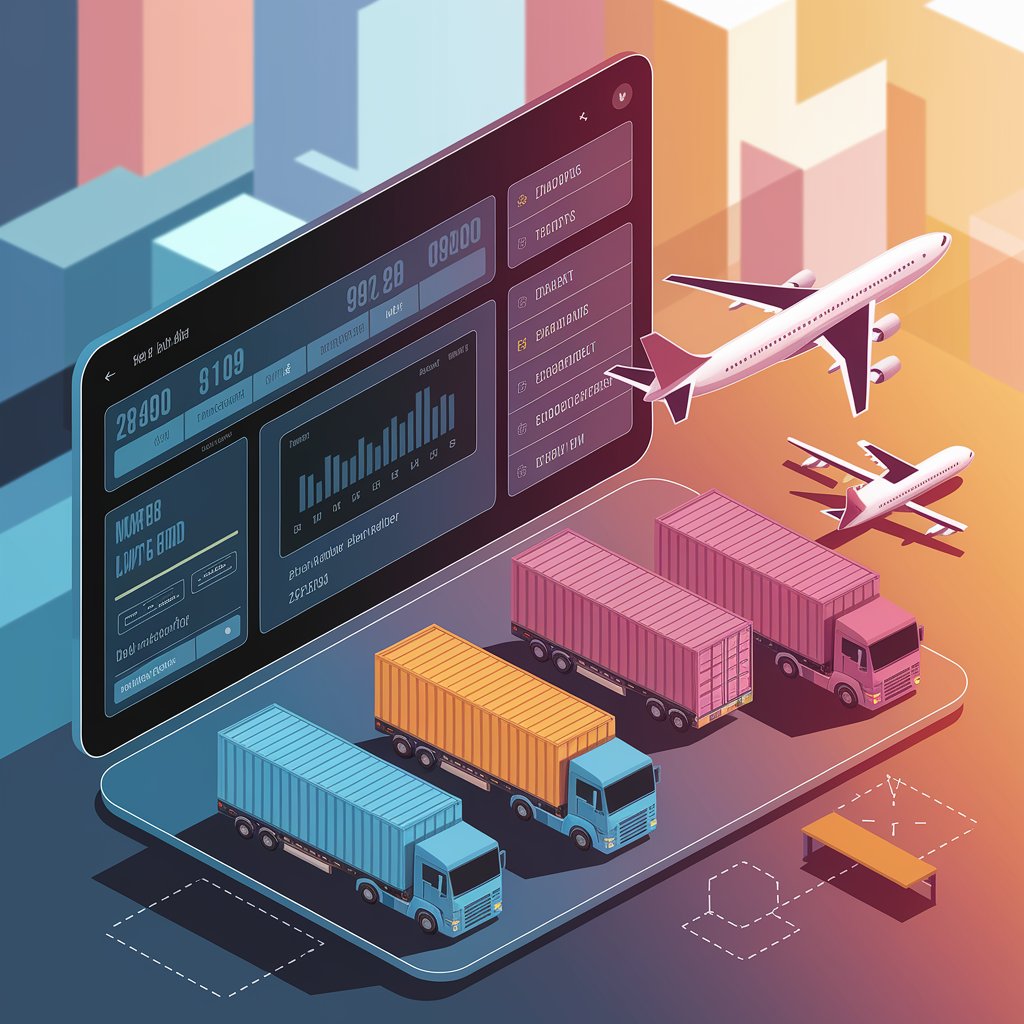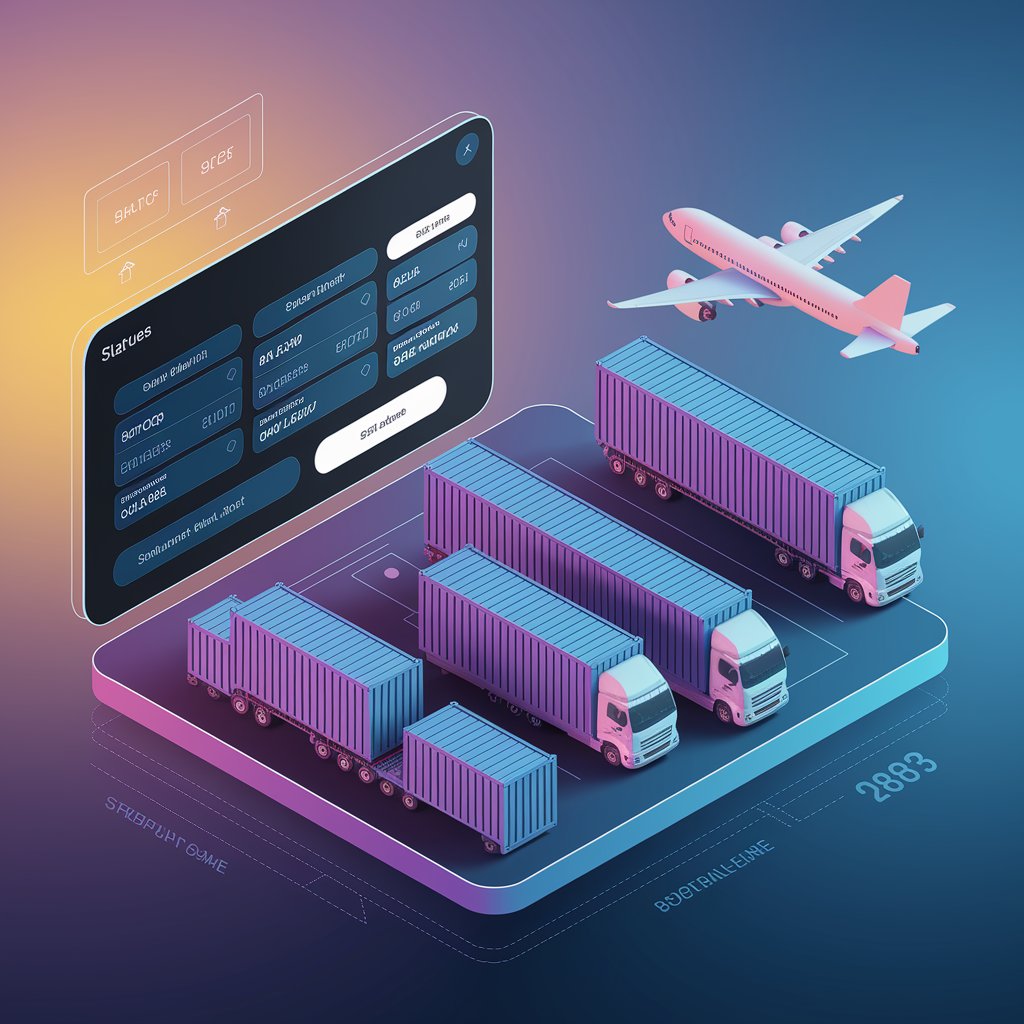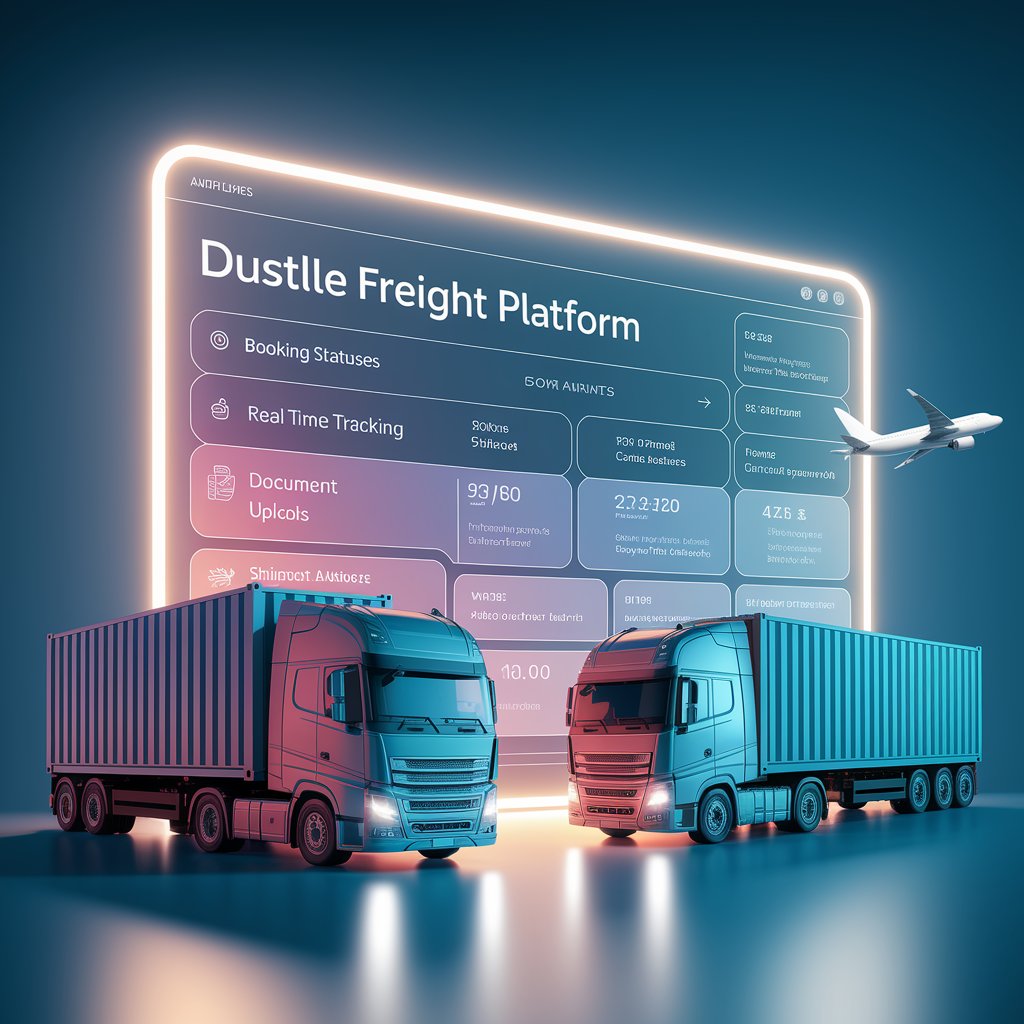Digital Freight Platforms: The New Standard in Logistics
📦 Think of it as “Uber meets freight”—real-time freight quotes, bookings, and tracking in one dashboard.

🔄 How Digital Freight Platforms Work
Digital freight marketplaces operate by integrating:
- Carrier APIs to pull real-time pricing and capacity
- Shipment management modules (TMS or integrated tools)
- AI-powered quoting and routing tools
- Live tracking and milestone updates
- Document exchange + e-signatures
- Customer communication portals or chatbots
Once a shipment is booked, all stakeholders—shipper, forwarder, carrier—stay connected through real-time status updates and centralized data.
📈 Key Benefits of Digital Freight Platforms
Benefit | Why It Matters |
⚡ Faster bookings | Instant quotes and confirmations via web or API |
🛰️ Real-time visibility | Track cargo milestones across ocean, air, and truck |
📑 Paperless documentation | Upload B/L, invoices, customs forms, all digitally |
📊 Centralized data | View costs, timelines, and KPIs in one place |
🤝 Better collaboration | Everyone sees the same data in real time |

🛠️ Top Digital Freight Platforms (2025)
Platform | Key Features | Best For |
Freightos WebCargo | Instant quoting for air & ocean + rate search | Forwarders, digital shippers |
Flexport | End-to-end freight visibility + analytics | SMEs and mid-size shippers |
Cargobase | Spot rates + multimodal control tower | Enterprise supply chains |
Uber Freight | Truckload capacity + automated carrier match | Domestic US shippers |
Linbis Platform | Freight automation + document workflows | NVOCCs, 3PLs, freight forwarders |
💡 Linbis offers a complete digital freight platform with quoting, shipment tracking, customer portals, and smart document generation.
📦 Use Case: Real-World Transformation
Company: InterSea Logistics
Problem: Manual bookings across emails and PDFs caused delays
Solution: Adopted Linbis digital freight platform
Results:
- Bookings reduced from 3 hours to 10 minutes
- All shipment documents centralized and searchable
- Tracking portal reduced client calls by 46%

🔍 Who Should Use a Digital Freight Platform?
- Freight forwarders: Automate quotes, documents, and bookings
- NVOCCs: Integrate carriers and streamline customer service
- Shippers: Compare rates and manage vendors in one interface
- 3PLs: Coordinate multimodal logistics with centralized control
🔮 The Future of Digital Freight
- End-to-end automation from quoting to billing
- Self-service shipment portals for clients
- AI-driven freight matching for dynamic lanes
- Blockchain-powered traceability
- Carbon-aware route selection by default
🌍 The global freight industry is moving from manual to modular—fast.

✅ Conclusion: Go Digital or Fall Behind
Digital freight platforms are no longer just a trend—they’re the infrastructure of modern logistics. If you’re still juggling Excel, WhatsApp, and carrier portals, it’s time to centralize and automate.
🚀 Ready to simplify your freight workflows?
👉 Get started with Linbis Digital Freight Platform
